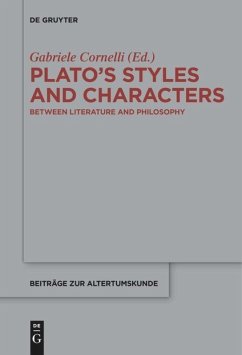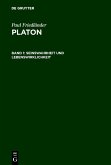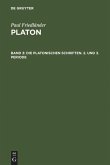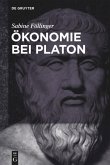The significance of Plato's literary style to the content of his ideas is perhaps one of the central problems in the study of Plato and Ancient Philosophy as a whole. As Samuel Scolnicov points out in this collection, many other philosophers have employed literary techniques to express their ideas, just as many literary authors have exemplified philosophical ideas in their narratives, but for no other philosopher does the mode of expression play such a vital role in their thought as it does for Plato. And yet, even after two thousand years there is still no consensus about why Plato expresses his ideas in this distinctive style.
Selected from the first Latin American Area meeting of the International Plato Society (www.platosociety.org) in Brazil in 2012, the following collection of essays presents some of the most recent scholarship from around the world on the wide range of issues related to Plato's dialogue form. The essays can be divided into three categories. Thefirst addresses general questions concerning Plato's literary style. The second concerns the relation of his style to other genres and traditions in Ancient Greece. And the third examines Plato's characters and his purpose in using them.
Selected from the first Latin American Area meeting of the International Plato Society (www.platosociety.org) in Brazil in 2012, the following collection of essays presents some of the most recent scholarship from around the world on the wide range of issues related to Plato's dialogue form. The essays can be divided into three categories. Thefirst addresses general questions concerning Plato's literary style. The second concerns the relation of his style to other genres and traditions in Ancient Greece. And the third examines Plato's characters and his purpose in using them.








